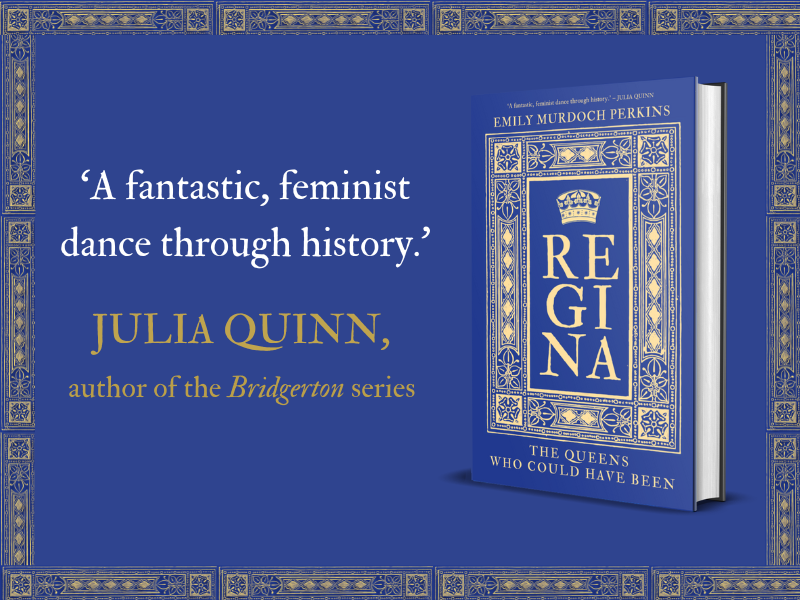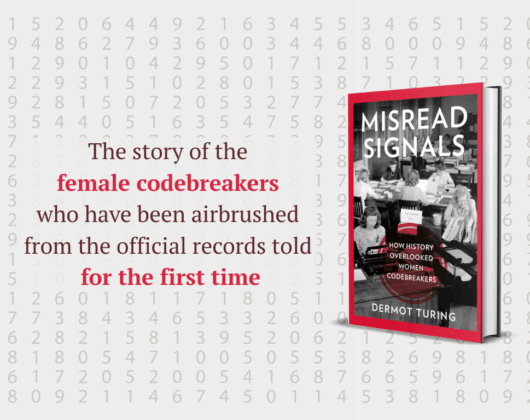
14th August, 2025 in Military, Women in History
Bletchley Park is perceived as a world of male intellectuals supported by a vast staff of women in menial roles – a place where men helped sway the course of the Second World War. But women were not just typists and clerks. They had serious, full-on codebreaking roles. And not ju…
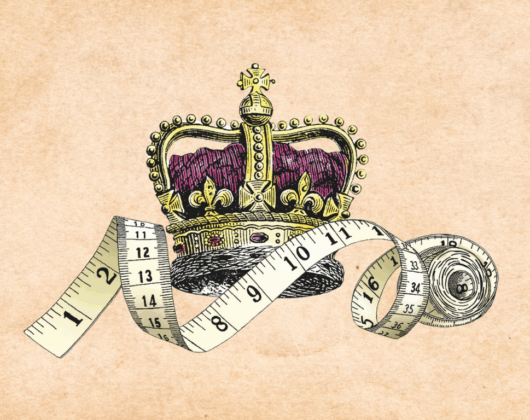
24th July, 2025 in History, Society & Culture
In Measuring Monarchy, Tim Hames proposes a new way to rank our Royals, and makes a case for applying the following five metrics – with entertaining results. professional reputation standing with the public impact on the public purse conduct of foreign policy preparations for suc…
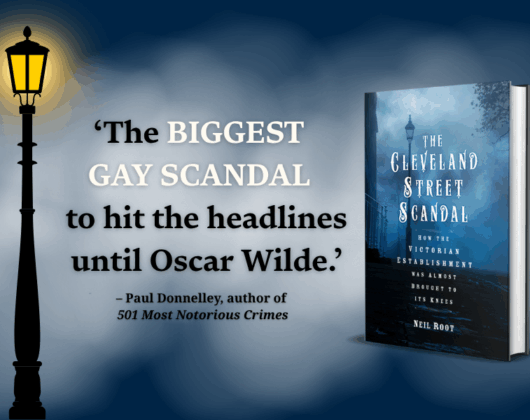
20th June, 2025 in History, Society & Culture, True Crime
Seasoned journalist, acclaimed author, and true crime historian, Neil Root, delves into one of Victorian society’s most explosive scandals – The Cleveland Street Scandal. A precursor to the prosecution of Oscar Wilde, this book exposes deep-rooted corruption within the Victorian…
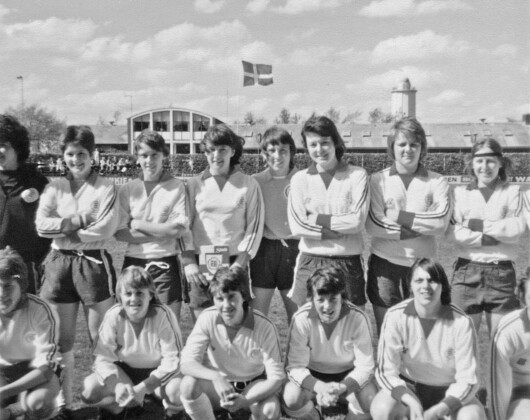
29th May, 2025 in History, Society & Culture, Sport, Women in History
I like to think that there is a symmetry between my query of myself in 1967 – ‘why don’t girls play football?’ – with my thought over fifty years later that the history of the Women’s Football Association needed to be written down. As I was pretty sure that I was the only survivi…
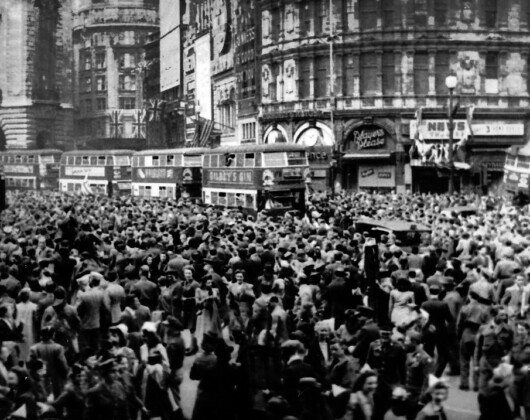
16th April, 2025 in History, Military, Society & Culture
In his book Under Fire, Stephen Bourne draws on first-hand testimonies to tell the whole story of Britain’s black community during the Second World War, shedding light on an oft neglected area of history. Drawing on a wealth of experiences from evacuees to entertainers, gove…
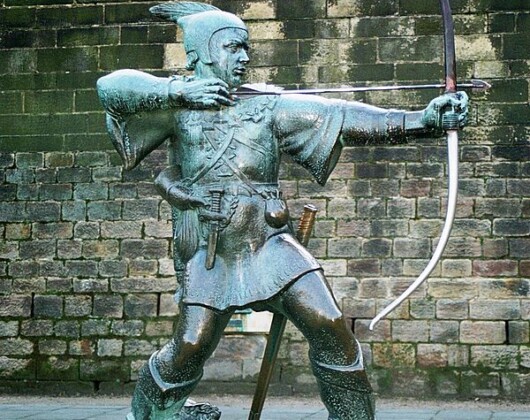
9th April, 2025 in History
In the thirteenth century the law and finances of each English county were under the jurisdiction of a sheriff (the word comes from ‘shire-reeve’), who was appointed by the Crown. Catherine Hanley author of A Pale Horse discusses who was the real sheriff of Nottingham. A shrieval…
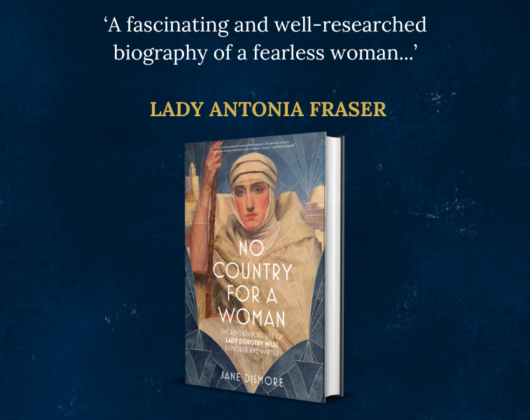
3rd March, 2025 in Biography & Memoir, History, Society & Culture, Women in History
When Lady Dorothy Mills was a young girl, a female relative told her she would never be beautiful so she had better be interesting – and she was. Yet extraordinarily, this is the first book about this fearless woman who became the best-known female explorer of the 1920s and 30s,…
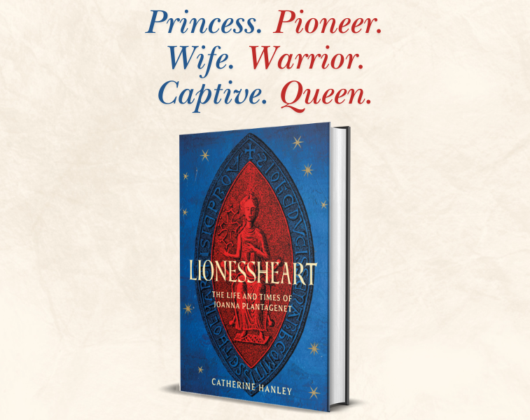
17th February, 2025 in Biography & Memoir, History, Women in History
Dr Catherine Hanley holds a PhD in Medieval Studies (Sheffield, 2001), is a Fellow of the Royal Historical Society and is the author of historical works in several genres. Lionessheart is her latest book which follows the story of Joanna Plantagenet – princess, pioneer, captive a…
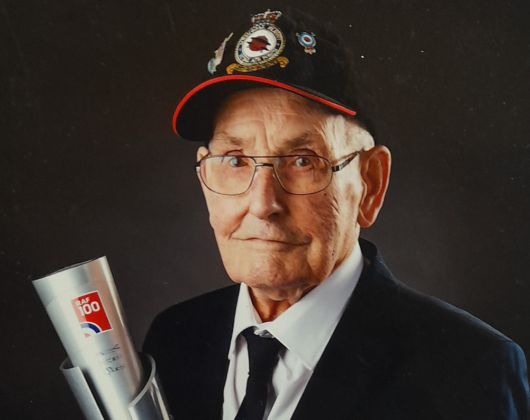
20th January, 2025 in Biography & Memoir, Military
‘Before leaving, we were issued with rations for about two and half days. The weather was terrible, and very, very cold. We arrived at a place called Winterveldt. We had covered a distance of about twenty miles and our resting place was a barn with cold floors, with just a bit of…
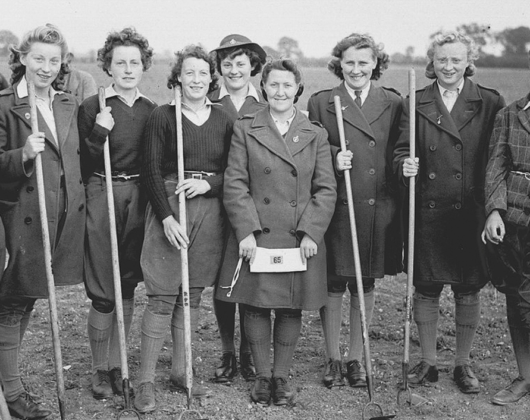
5th December, 2024 in Local & Family History, Military, Women in History
John Lander author of new book Don’t Delay – Enrol Today highlights the importance of the women’s land army in Hampshire during both World Wars. World War I The Women’s Land Army was established by the British government to recruit women and girls to work in Britain’s agriculture…
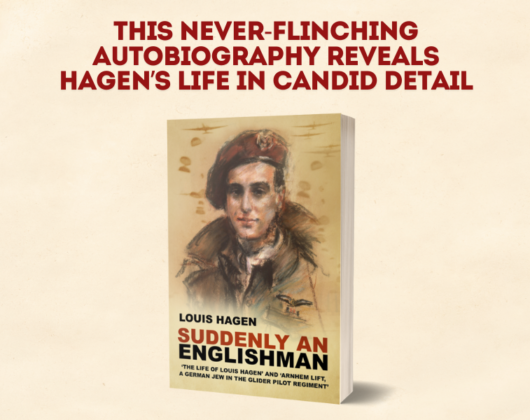
19th September, 2024 in Aviation, Biography & Memoir, Military
In 1934, aged just 16, Louis Hagen was sent to Lichtenberg concentration camp after being betrayed for an off-hand joke by a Nazi-sympathising family maid. Mercifully, his time there was cut short thanks to the intervention of a school friend’s father, and he escaped to the UK so…
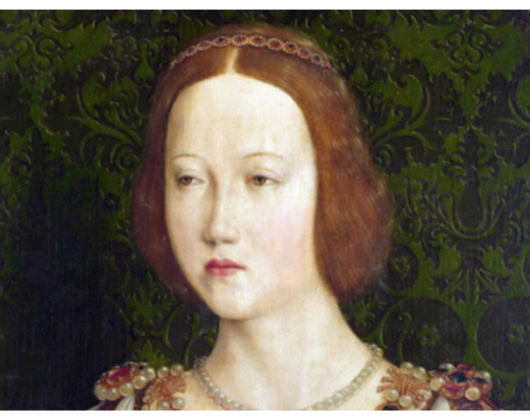
19th September, 2024 in History, Women in History
Henry, the king who was married six times and started his own church. Mary, the first regnal queen. Elizabeth, the queen who refused to marry. These are the Tudor royals that we all know about – but there’s one who has slipped through the history books and yet is, in my opinion,…
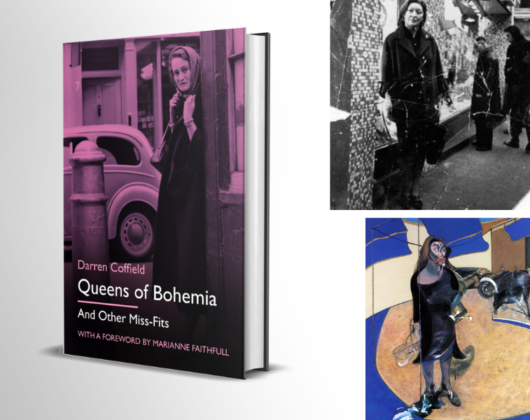
6th September, 2024 in Society & Culture, Women in History
By the beginning of the 20th century, a new generation of women had begun to turn the idea of Victorian respectability on its head. Not for them the conventional, stultifying lives of their forebears. They rejected the traditional family hierarchy and fashioned new identities thr…
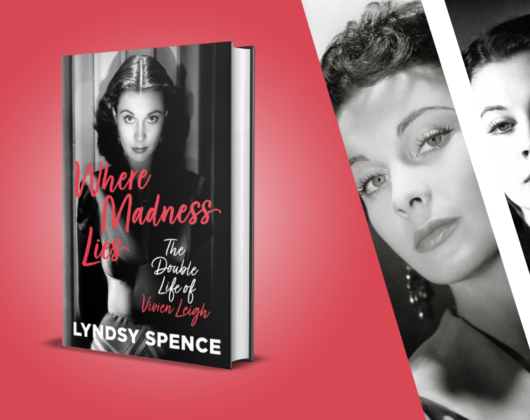
27th August, 2024 in Biography & Memoir, Entertainment, Women in History
Author of Where Madness Lies Lyndsy Spence, has provided the soundtrack to the fascinating, but also tragic, life of film star Vivien Leigh. The complete playlist is available on Spotify below. Happy listening… Track 1: Il cielo in una stanza by Mina The dreamy orchestration evok…
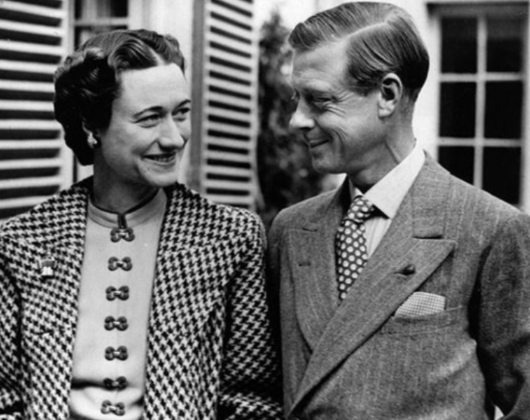
27th August, 2024 in Biography & Memoir, History
The Duchess of Windsor’s notorious jewellery collection was, and still is, the subject of intense speculation regarding not only its murky provenance (were the gems originally sourced clandestinely from the English monarchy’s vast royal collection?), but also its eventual controv…
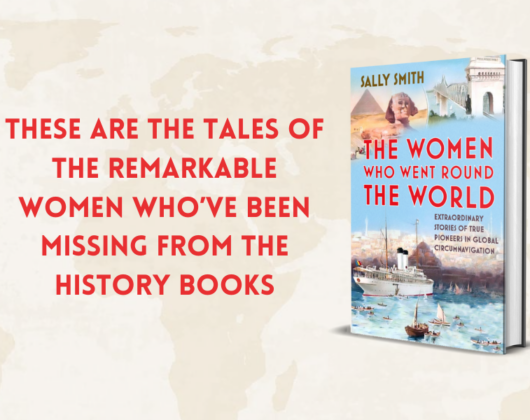
5th July, 2024 in Biography & Memoir, Women in History
Humans have been great travellers for thousands of years. Famous early male explorers like Magellan, Sir Francis Drake and Captain Cook, are household names. Women, with their restricted positions in society and their traditional roles of looking after the house and children, had…
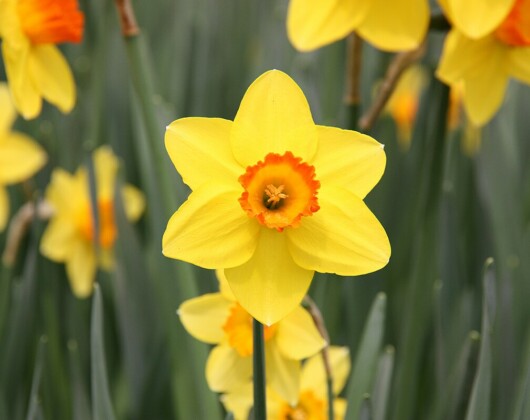
11th June, 2024 in History, Local & Family History
Our national history helps shape our personal identity, but history does not accrete like permanent stratigraphic layers. Serendipitous research can sometimes shatter received assumptions, and we may find that we are not quite the product of a past that was taught to us. Chris Bu…
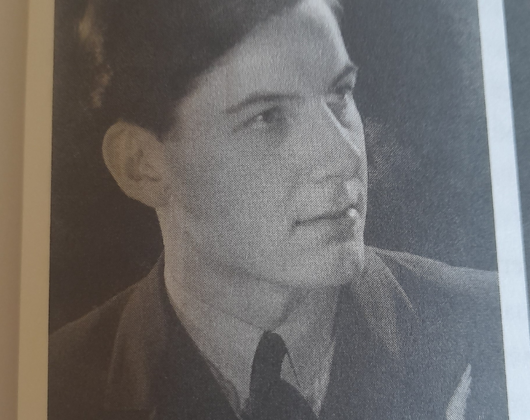
5th June, 2024 in Biography & Memoir, Military
‘Good God!’ I thought after being shown a map with a small area on it that we had taken back, ‘We’ve just taken part in D-Day!’ Flight Lieutenant Noble Frankland (DFC CB CBE) is one of those for whom 6th June 1944 might have been just another ‘ordinary day’ in the operational c…
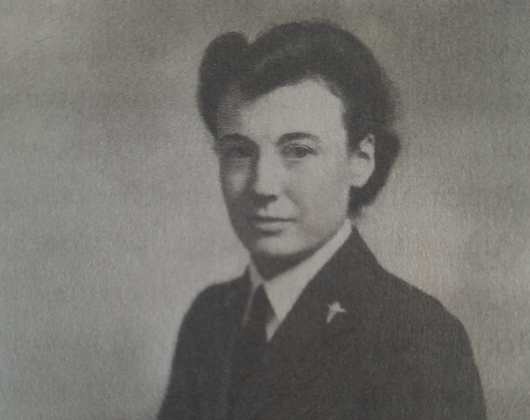
5th June, 2024 in Military, Women in History
‘I remember one particularly badly injured pilot amongst the others being brought in. Because of his multiple injuries he was taken straight to the consultant surgeon for examination and treatment, but he was still conscious as he was taken to surgery. There was nothing anyone co…
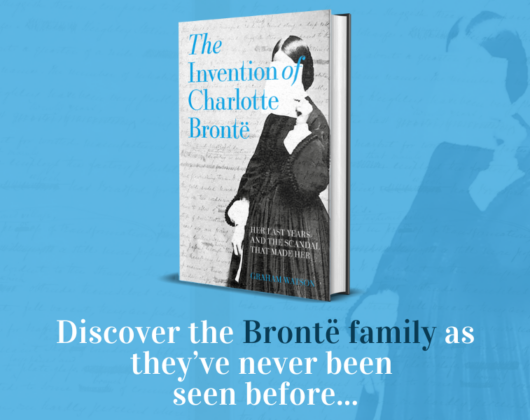
30th May, 2024 in Biography & Memoir, Women in History
Brimming with lies, hagiography and exaggeration! Elizabeth Gaskell’s sensational 1857 biography of her friend Charlotte Brontë continues to divide historians, critics and Brontë fans over 160 years after its first publication. Some see it as a unique first-hand insight into the…
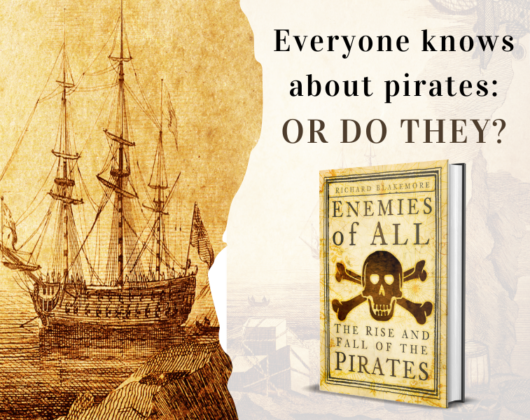
24th May, 2024 in History, Maritime
Pirates and music: I imagine what comes into your head is that haunting refrain from Robert Louis Stevenson’s Treasure Island, or perhaps the soaring chords of an orchestral film score and the thumping rhythm of a sea shanty. Maybe you think of the much later history of ‘pirate r…
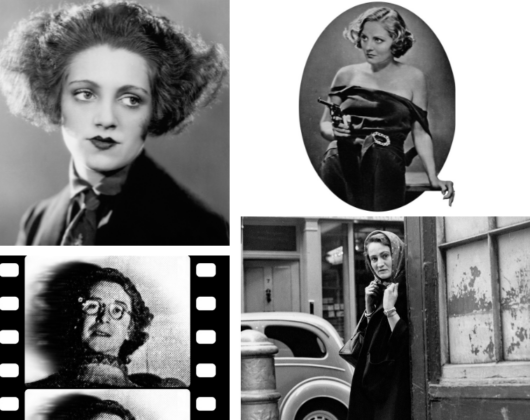
30th April, 2024 in Biography & Memoir, Society & Culture, Women in History
Introduction – G. Puccini, “Quando m’en vo'” La Boheme for Cello & Piano DARREN COFFIELD: Bohemian was a term used for those who lived unconventional lives, when the first Romani Gypsies appeared in sixteenth century France they were labelled bohemian and their non-conformist…
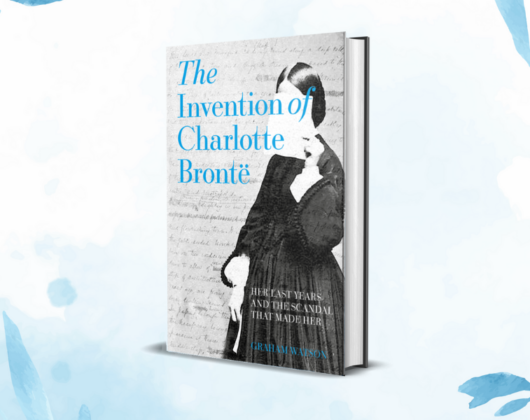
17th April, 2024 in Biography & Memoir, Women in History
21st April marks the anniversary of the birth of English novelist and poet Charlotte Brontë. While she lived only 38 years, her legacy – and her celebrity – have remained perennially present. Her 1847 novel Jane Eyre is one of the most enduring texts of the 19th century, a novel…
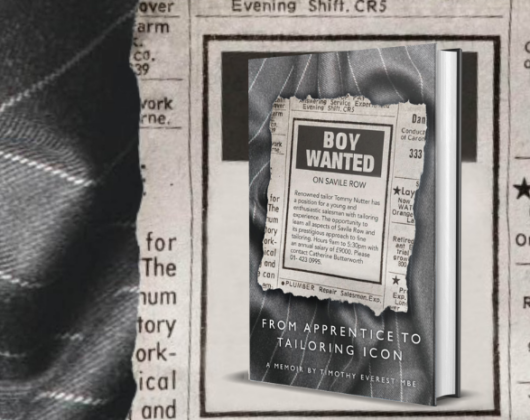
12th March, 2024 in Biography & Memoir, Society & Culture
One day, we got a phone call from Vanity Fair saying the photographer Michael Roberts would like to shoot us on Savile Row. Michael was something of a trailblazer himself. Only a couple of years earlier, he had shot Vivienne Westwood impersonating Margaret Thatcher for the cover…
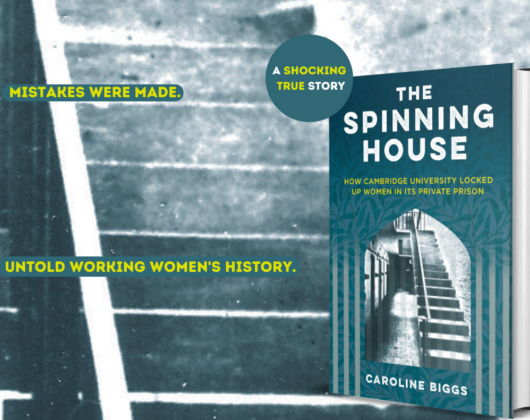
7th March, 2024 in Society & Culture, Women in History
Cambridge University is internationally renowned for its ancient colleges. It is lauded for its educational excellence. But in the last quarter of the nineteenth century, infamy blighted its hallowed name. As an alarming number of courtroom dramas exposed the university’s steadfa…
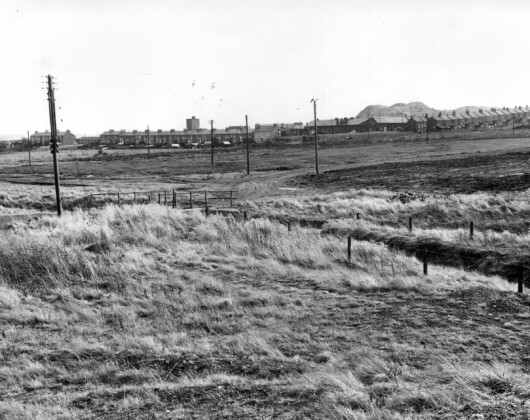
19th January, 2024 in Local & Family History, Transport & Industry, Women in History
This is the last book in the trilogy that started with my great great grandmother, Hannah Hall in the 1820’s as she re-located with her family to a new coal mine opening up in Hetton-le-Hole, County Durham. No-one at that time could have known the importance of that move. By 1822…
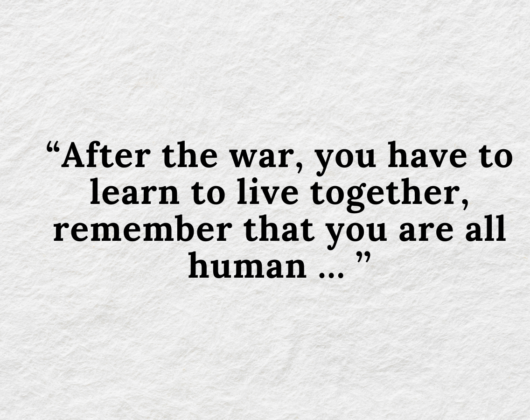
15th January, 2024 in Military, Women in History
Author of Remarkable Women of the Second World War, Victoria Panton Bacon, remembers Pat Rorke. Pat died on 9th December 2023, aged 100 years and five weeks. ‘After the war, you have to learn to live together, remember that you are all human … behind all the bare recounted facts…
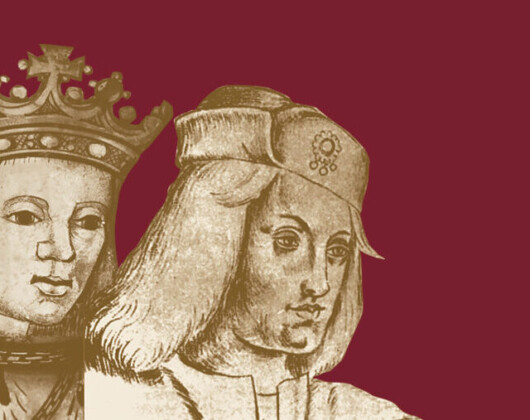
24th November, 2023 in Biography & Memoir, History, Special Editions
Following seven years of investigation and intelligence gathering, including archival searches around the world, Phase One of The Missing Princes Project is complete. The evidence uncovered suggests that both sons of Edward IV survived to fight for the English throne against Henr…
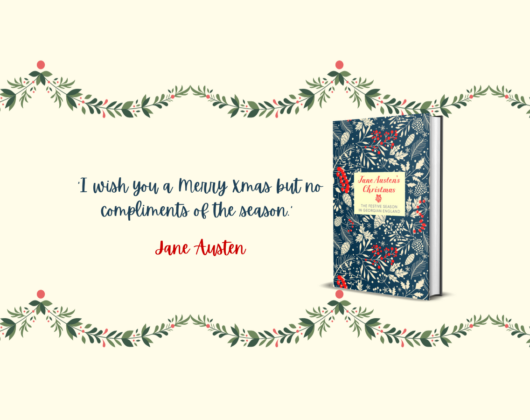
15th November, 2023 in History, Trivia & Gift
In 1895 there appeared an anonymous private booklet of the charades and theatrical conundrums written by the Austen family for their own entertainment. This offers yet another glimpse of the delightful Christmases the Austens enjoyed in their home, particularly at Steventon. Char…

7th November, 2023 in Aviation, Biography & Memoir
Concorde was conceived in the 1950s, first flew in the 1960s and then took over 2.5million people to ‘the edge of space’ at twice the speed of sound for the rest of the 20th century. And into the 21st. Designed and developed by a team of far sighted British and French engineers,…
